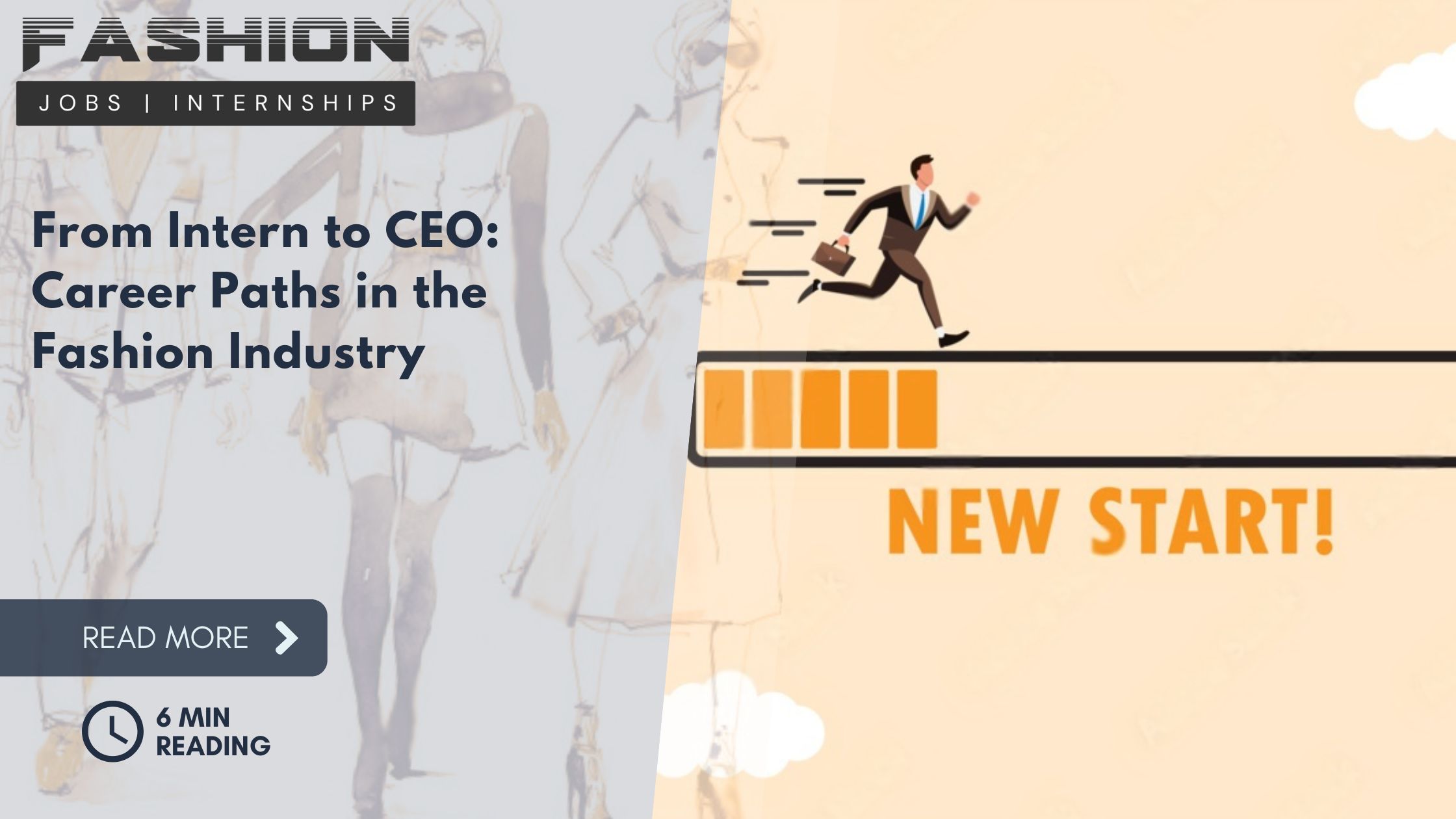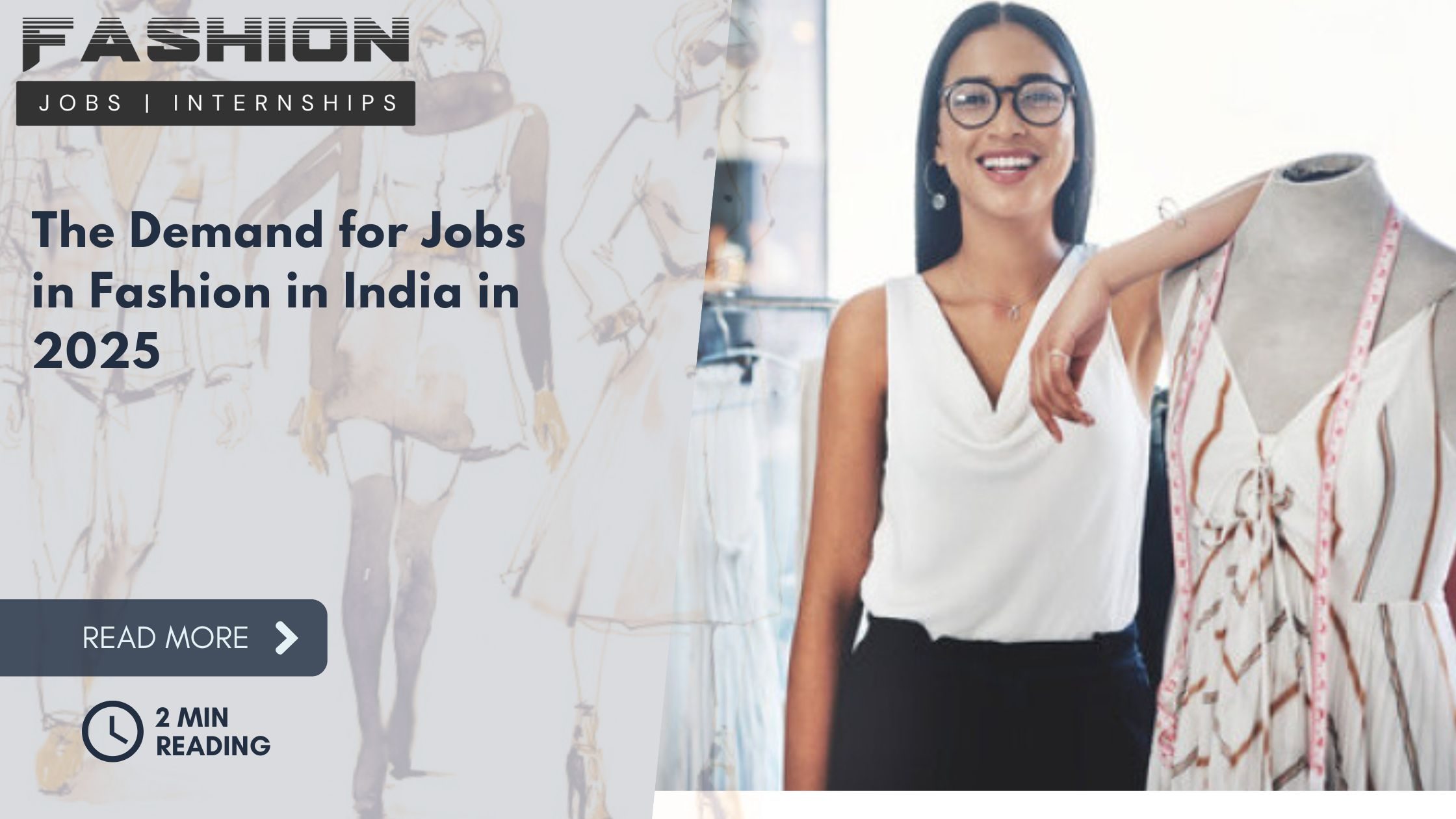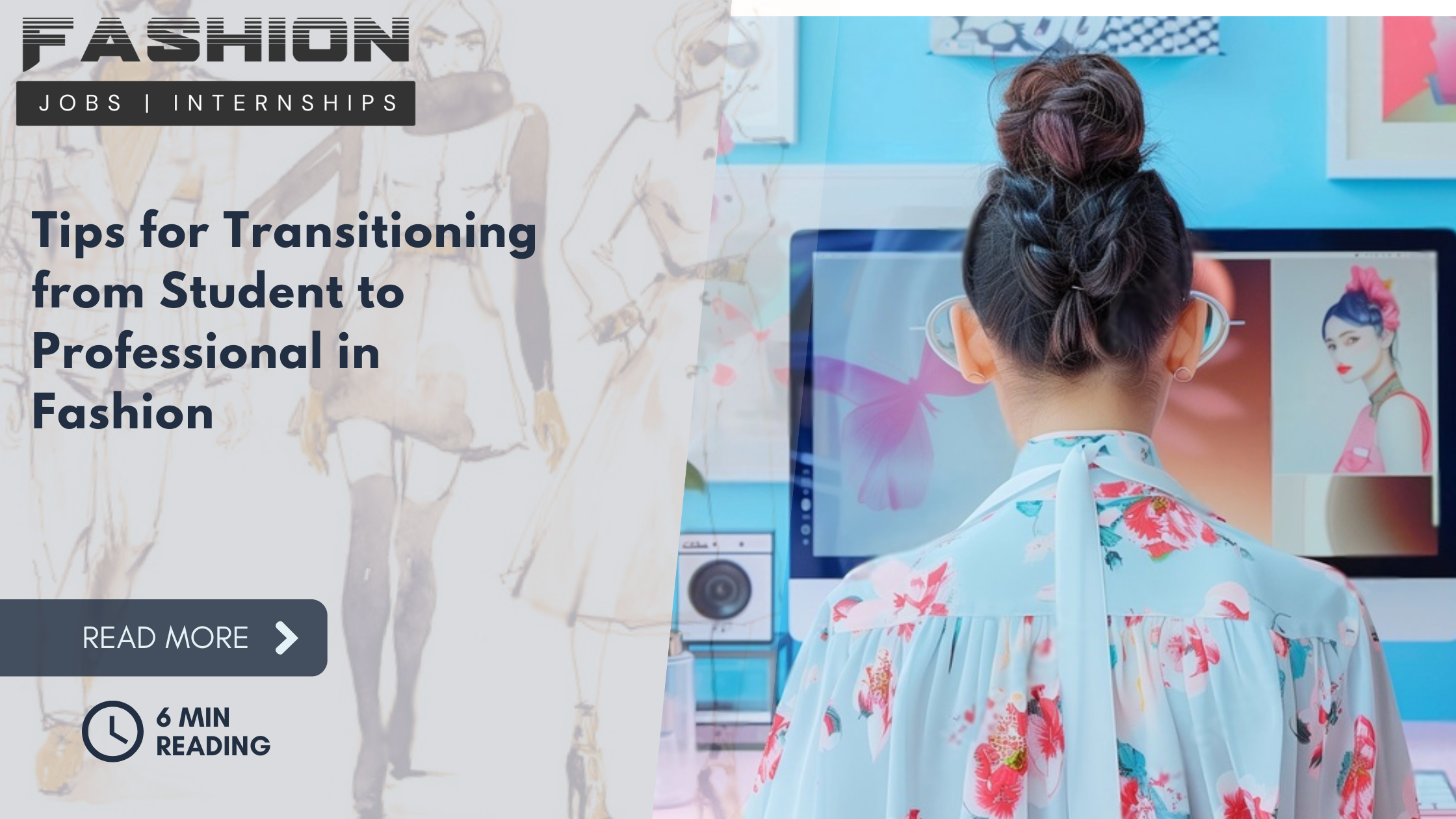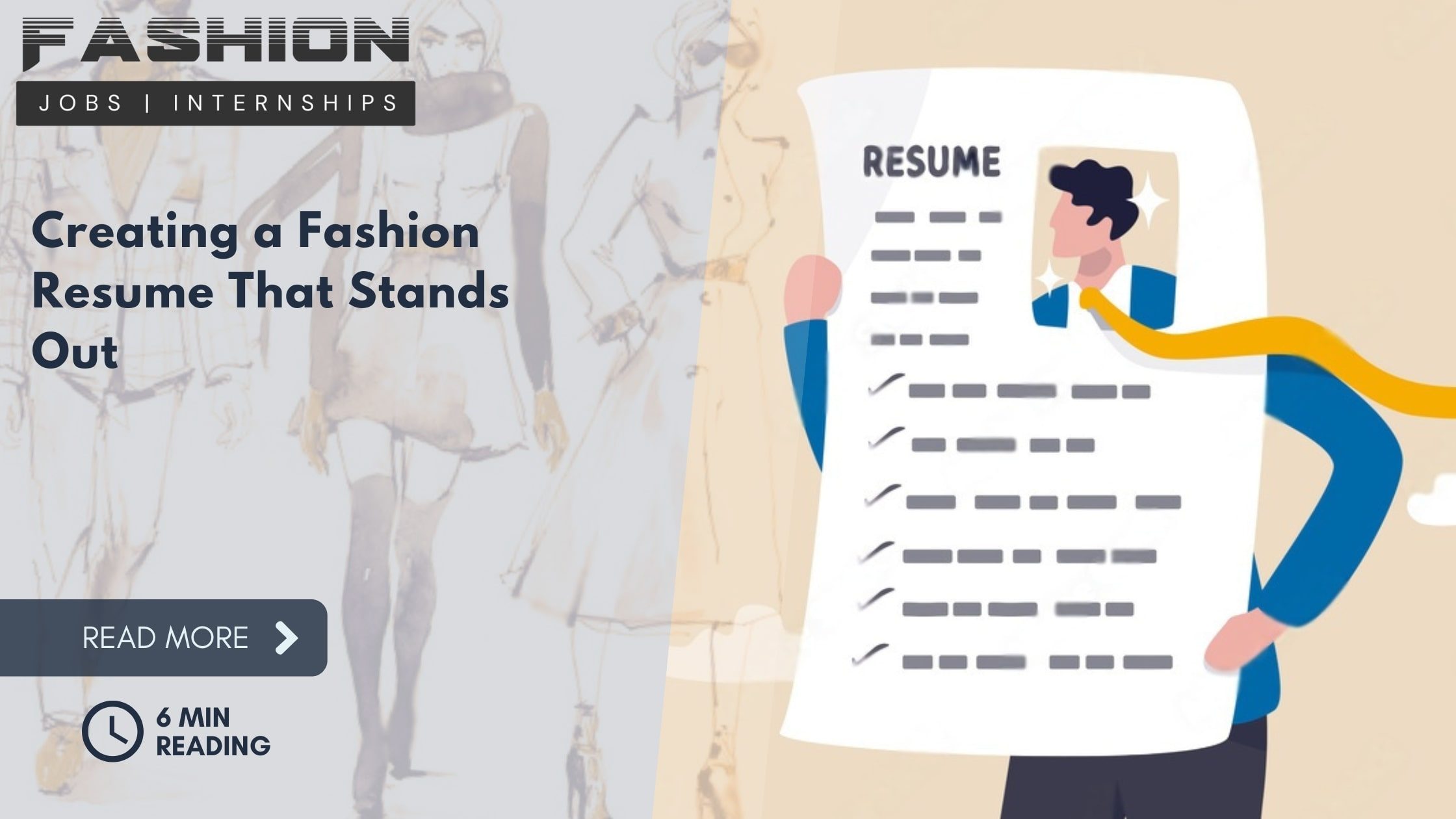We're all starting somewhere in the fashion industry, whether it's as an intern fetching coffee or a recent grad with a dream design portfolio, and the good news is that every entry-point offers a potential pathway to the top. From entry-level positions to executive leadership roles, we can climb the corporate ladder by developing essential skills, networking, and taking calculated risks. We'll explore different areas of the industry, build a strong foundation, and stay on top of trends and innovations. As we take the first steps, we'll discover that the possibilities are endless, and our journey to the top is only just beginning.
Entry-Level Positions in Fashion
We're starting our fashion journey at the ground floor, where the industry's most talented newcomers cut their teeth on entry-level positions that pave the way for a successful career in fashion.
These positions may not be glamorous, but they're essential for building a strong foundation in the industry. As assistants, interns, or coordinators, we learn the ins and outs of the business, from scheduling appointments to coordinating photo shoots.
With access to exclusive job listings and career resources, we can find the perfect opportunity to match our skills and passion exclusive job listings. We're not just fetching coffee or answering phones; we're observing, learning, and absorbing every detail.
We're developing our skills, networking with industry insiders, and making connections that'll benefit us in the long run. We're taking notes, asking questions, and seeking feedback to refine our craft.
From design assistants to marketing coordinators, entry-level positions offer a range of opportunities to explore different areas of the industry. We mightn't know exactly what we want to do yet, but that's okay.
These roles give us the chance to experiment, try new things, and discover our passions. As we navigate these early stages of our fashion careers, we're building resilience, adaptability, and creativity.
We're learning to problem-solve, think on our feet, and work under pressure. And when we finally land that dream job, we'll look back on these humble beginnings with gratitude, knowing that they laid the groundwork for our success.
Climbing the Corporate Ladder
The fashion industry's corporate ladder stretches high, its rungs slick with competition, but we've got our sights set on the top.
We're aware it won't be easy, but we're ready to put in the hard work to climb our way up. We're not just looking for a job, we're looking for a career that will take us to new heights.
With over 3,178 job openings in fashion designing in India, fashion job opportunities are abundant, and we need to focus on building a strong foundation to stand out in the crowd. That means taking on new challenges, learning from our mistakes, and seeking out mentorship from those who've already made it to the top.
We should be networking like pros, attending industry events, and making connections that will help us get our foot in the door.
As we climb, we'll need to be adaptable and open to change. The fashion industry is constantly evolving, and we need to be able to evolve with it.
That means staying on top of the latest trends, technologies, and innovations that are shaping the industry. We should be willing to take calculated risks and step outside our comfort zones to reach new levels of success.
It's clear it won't happen overnight, but we're in it for the long haul. We're willing to put in the time and effort required to make it to the top of the corporate ladder.
And when we get there, we'll be ready to lead, inspire, and pave the way for others to follow in our footsteps.
Fashion Design Career Paths
Beyond the runway, fashion design career paths unfold in multiple directions, each one promising a unique blend of creativity, technical expertise, and business acumen. We're not just talking about designing clothes; we're talking about building a brand, understanding trends, and making a statement. As fashion designers, we're responsible for creating garments that inspire, empower, and make people feel confident.
| Design Role | Key Responsibilities | Required Skills |
|---|---|---|
| Assistant Designer | Assist lead designers, create sketches, and source materials | Drawing skills, attention to detail, communication |
| Senior Designer | Lead design teams, develop concepts, and manage production | Leadership, problem-solving, textile knowledge |
| Creative Director | Oversee entire design process, set brand vision, and manage teams | Visionary thinking, strategic planning, industry expertise |
From assistant designer to creative director, each role requires a deep understanding of the fashion industry, as well as technical skills like pattern-making and textile science. We need to stay on top of trends, predict what's next, and continuously innovate. As fashion designers, we're not just creating clothes – we're creating experiences. We're telling stories through fabric, color, and silhouette. And with hard work, dedication, and a passion for fashion, we can turn our designs into reality.
The Business Side of Fashion
Fashion's creative spark is only half the equation – the other half is the business acumen that turns designs into dollars.
We can't just focus on creating beautiful pieces; we need to think about how to sell them, market them, and make them profitable. This is where the business side of fashion comes in. It's the backbone of the industry, and without it, even the most talented designers would struggle to succeed.
By utilizing advanced search filters to find the right candidates streamlined recruitment process, we can build a team that excels in both creativity and business acumen.
With the right tools and resources, such as customizable job listings and real-time notifications, we can elevate our brand and make informed financial decisions.
- Operations and Logistics: Managing production, supply chains, and distribution networks to get products from design to delivery.
- Marketing and Branding: Creating a brand identity, developing marketing strategies, and building relationships with customers and partners.
- Finance and Accounting: Managing budgets, tracking expenses, and making financial decisions that drive business growth.
We know it mightn't sound glamorous, but trust us, it's essential.
Without a solid understanding of these areas, you'll struggle to turn your creative vision into a successful business.
And that's what we want – to be successful, to be liberated from the constraints of limited resources and to build a career that brings us fulfillment and financial freedom.
Reaching Executive Leadership Roles
Rungs on the corporate ladder await, and we're ready to climb. As we've mastered the business side of fashion, we're now poised to take on executive leadership roles.
We've worked hard to develop a deep understanding of the industry, and our dedication has earned us a seat at the table. With experience in roles like visual merchandising, we've honed our skills in creating visually appealing store displays and managing product presentation.
Reaching the top requires a unique blend of creativity, strategic thinking, and people skills.
We've honed our ability to think critically, making data-driven decisions that drive business growth. We're well-versed in leading cross-functional teams, fostering a culture of innovation and collaboration.
Our expertise in brand management, marketing, and finance has prepared us to navigate the complexities of the fashion industry.
As executive leaders, we're not just driving business results – we're shaping the future of fashion.
We're committed to using our influence to promote diversity, equity, and sustainability. We're passionate about creating a more inclusive industry, where everyone has a voice and an opportunity to thrive.
We're not intimidated by the challenges that come with executive leadership.
We're ready to take calculated risks, challenge the status quo, and push boundaries. We're driven by a desire to leave a lasting impact, to create a legacy that inspires future generations of fashion professionals.
The top rung of the corporate ladder is within our grasp, and we're ready to take it.
Frequently Asked Questions
Can I Transition From a Non-Fashion Background Into the Fashion Industry?
We're aware it can be intimidating to switch industries, but trust us, it's possible to shift into fashion even if you don't have a background in it.
We've seen it happen! With determination and a willingness to learn, you can pivot into a fashion career.
Start by identifying your transferable skills, networking with industry insiders, and taking courses or attending workshops to fill in the gaps.
Don't let fear hold you back – we believe in you!
How Do I Balance Creativity With Commercial Viability in Fashion?
we've all been there, torn between expressing ourselves creatively and making a profit.
To balance creativity with commercial viability, we prioritize understanding our target audience's needs. We don't compromise on our artistic vision, but we do consider what'll resonate with them.
It's about finding that sweet spot where our passion meets their desires. By doing so, we create products that are both authentic and lucrative.
Trust us, it's possible to stay true to ourselves while still making a profit!
Are Fashion Internships Only Available to Current Students?
We're not gonna sugarcoat it – the myth that fashion internships are only for current students is just that, a myth!
We've seen people from all walks of life scoring internships, from recent grads to career changers.
It's all about showcasing your skills, passion, and dedication to the industry.
Don't let your status hold you back – if you're willing to put in the work, you can land an internship and kickstart your fashion career.
Can I Start My Own Fashion Brand Without Prior Experience?
Here's the deal – we're not gonna sugarcoat it for you.
Can you start your own fashion brand without prior experience? Absolutely! We believe in you, and are convinced you've got this.
Sure, it'll take hard work, dedication, and a willingness to learn, but who says you can't do it? You don't need permission or a fancy degree to turn your passion into a reality.
Do I Need a Graduate Degree to Succeed in the Fashion Industry?
we don't need a graduate degree to succeed in the fashion industry.
We've seen people kill it in fashion without a master's or Ph.D. What matters most is our passion, drive, and willingness to learn and adapt.
We can gain valuable skills through internships, online courses, and real-world experience. Plus, some of the most iconic designers didn't have a graduate degree.
Conclusion
We've mapped out the fashion industry's career paths, from intern to CEO. Whether you're a creative type, a business whiz, or a hybrid of both, there's a role for you. Remember, every step up the ladder is an opportunity to learn, grow, and make your mark. So, take the leap, work hard, and own your career. With persistence and dedication, you can turn your passion for fashion into a lifelong journey of success.




